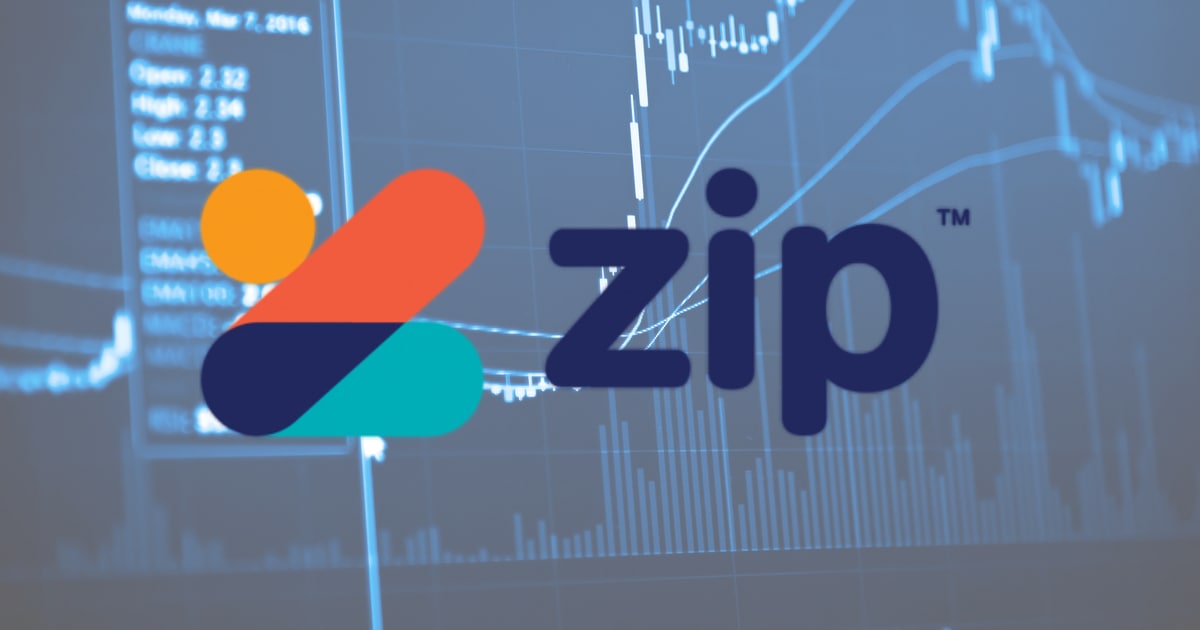Different countries have different approaches when it comes to cryptocurrency and taxation. In several countries, cryptocurrency is not regulated and cannot be taxed. Due to their seemingly abstract nature, countries like Turkey, Bolivia, and Nigeria banned cryptocurrencies outrightly, making it illegal for financial institutions to facilitate crypto trades.
However, countries like the US are very open to cryptocurrency and have found a way to regulate the industry and generate revenue from its transactions. For a start, every cryptocurrency exchange operating in the US is bound by the Bank Secrecy Act (BSA). Through this regulation, it’s possible for the Internal Revenue Service (IRS) to monitor crypto transactions and collect taxes from you whether you are a crypto investor or just a hodler.
Here’s Why You Pay Taxes on Cryptocurrency
The IRS considers all forms of cryptocurrency as properties and thus, treats them in the same category as bonds and stocks or any financial instrument in the foreign exchange market. So even though cryptos are not physical assets, they are as valuable and taxable as a condo or car.
The IRS started taxing cryptocurrencies in 2014. Since then, the agency requires taxpayers to report all cryptocurrency transactions in their tax returns. Although not so many are aware of the taxes incurred on cryptocurrency, others may have expressed dissatisfaction and concerns in their crypto experiences in cases of unwarranted deductions when cryptos are transacted in exchanges.
A fair market value (FMV) is applied to calculating taxes for crypto assets in an open market. However, here are a few things you need to know about cryptocurrency taxes in the US, which is similar to other countries with regulatory standards for the industry.
1. All Bitcoin and Ether Transactions Attract Taxes
Bitcoin, Ether, and any tradeable virtual currency recognized by the IRS is taxable, and the agency mandates you to report them using an FMV. Here is how it works:
When you’re paid in cryptocurrency for a product sold, service rendered, or work done, the IRS treats such payments based on Form 1040, and thus, should be reported.
Buying and Selling Crypto on third-party markets or P2P warrants capital gain taxes.
When you convert Bitcoin to fiat currency, such as USD, you will need to report such transactions as well.
2. Crypto Miners are not Excluded from Paying Taxes
If you mine crypto as a hobby, you will need to report your transactions as taxes. Since most miners do it for profit or business, they are mandated to remit taxes from gains. A fair market value applies, meaning that you report the value of crypto transactions at the price they were mined. With this, you may have a tax reduction following costs and resources you spent to mine the crypto.
3. Cost of Crypto Transactions is Important in Reporting Taxes
To calculate a fair market value for your crypto asset, you need to know its true cost. For instance, when you buy a crypto asset worth $50 and sell it at $100 due to volatility in the crypto market, $50 becomes your capital gain of which you should account for in taxes. Knowing the costs allows you to give proper accounts when you encounter losses to avoid overspending in taxes while in a loss.
4. Ignorance is Not an Excuse
The IRS uses a strict approach to crypto taxes. Form 1099 covers taxes from miscellaneous incomes other than salaries or tips. While Form 1040 is the US Individual Tax Return which is taxes calculated annually from your total income.
You cannot escape paying taxes on such counts because Form 1040 requires you to answer questions on when and how you have traded or exchanged crypto in the past. Sanctions may apply if you fail to act in accordance.
5. Gifts and Donations are Taxable
Gifts and donations, or any form of crypto inheritance, are seen through the eyes of financial appraisals. Crypto donations are seen as cash donations, and a fair market value applies to them. As the donor, you only account for taxes for the value of the crypto when donated.
Subsequent activities following it do not affect you, such as when the inherited crypto gets recycled in the market or when its value appreciates. None of that affects you. Rather, the new holder or seller pays for capital gains.
6. Accounting for Taxes have a Limited Approach for Crypto Investors
There are few approaches for calculating taxes for crypto investors by the IRS. It becomes difficult for beginners to report taxes. The most popular ones are the Highest in, First out (HIFO); the Last in, First out (LIFO); and the First in, First out (FIFO) methods of accounting. However, the FIFO is the most available for use by crypto investors in which crypto assets bought first are first accounted for.
The easiest way to navigate these crypto tax complexities is to use professional cryptocurrency tax reporting solutions like Atani. Atani is a free all-in-one crypto platform that allows you to trade and manage cryptocurrencies in over 20 crypto exchanges. That way, it’s easy to generate your audited tax report with a click of a button. Apart from other features the platform boasts of, its tax reporting feature has proven to be very helpful, saving many crypto traders money, stress, potential issues with the authorities.
Conclusion
Accounting for crypto taxes can get tricky and difficult. It’s most daunting because it’s got lots of grey areas. While most countries are still indifferent about taxing the industry, we expect a shift in that position in the coming years. And the chances that they will take the US government’s approach are high. Whatever be the case, consult a tax attorney or use a standard crypto tax reporting tool to save you the hiccups.
Disclaimer: This article is provided for informational purposes only. It is not offered or intended to be used as legal, tax, investment, financial, or other advice.
Credit: Source link























